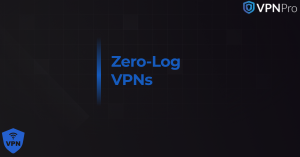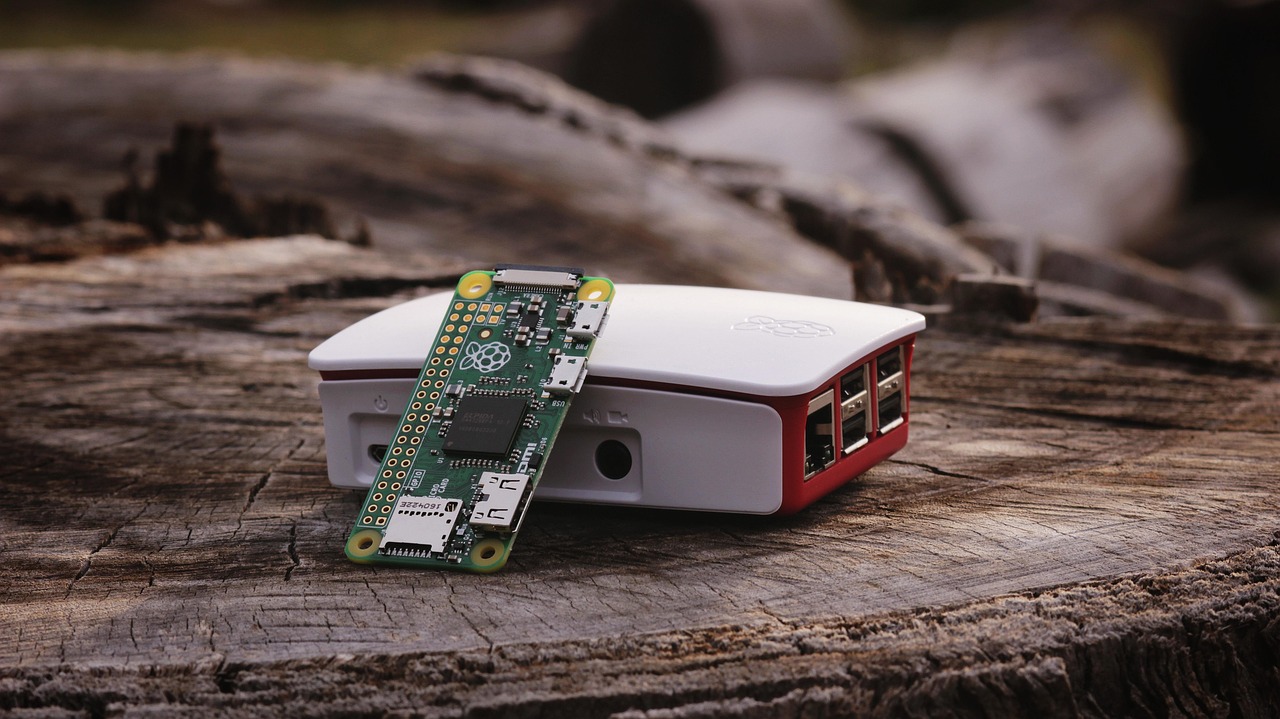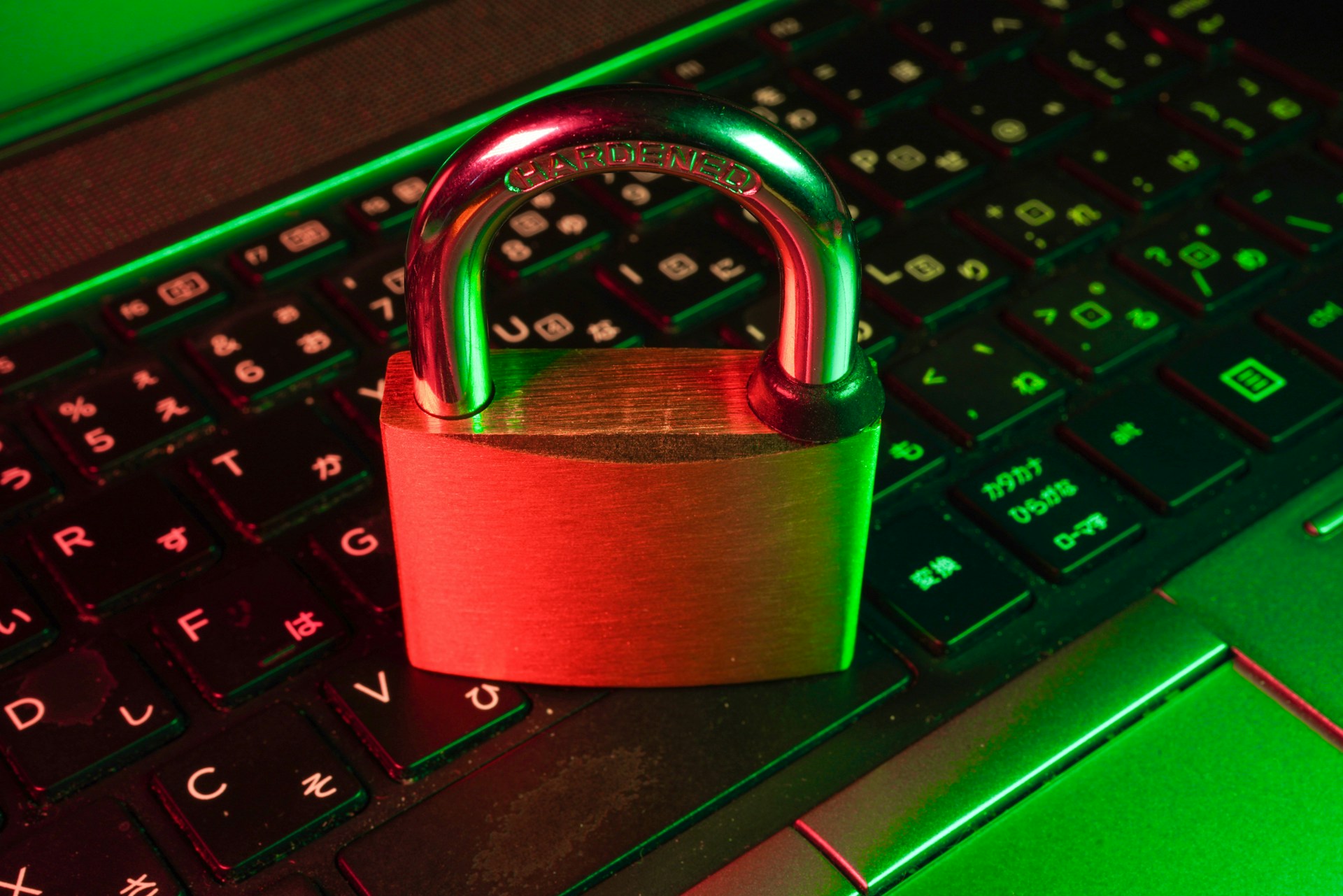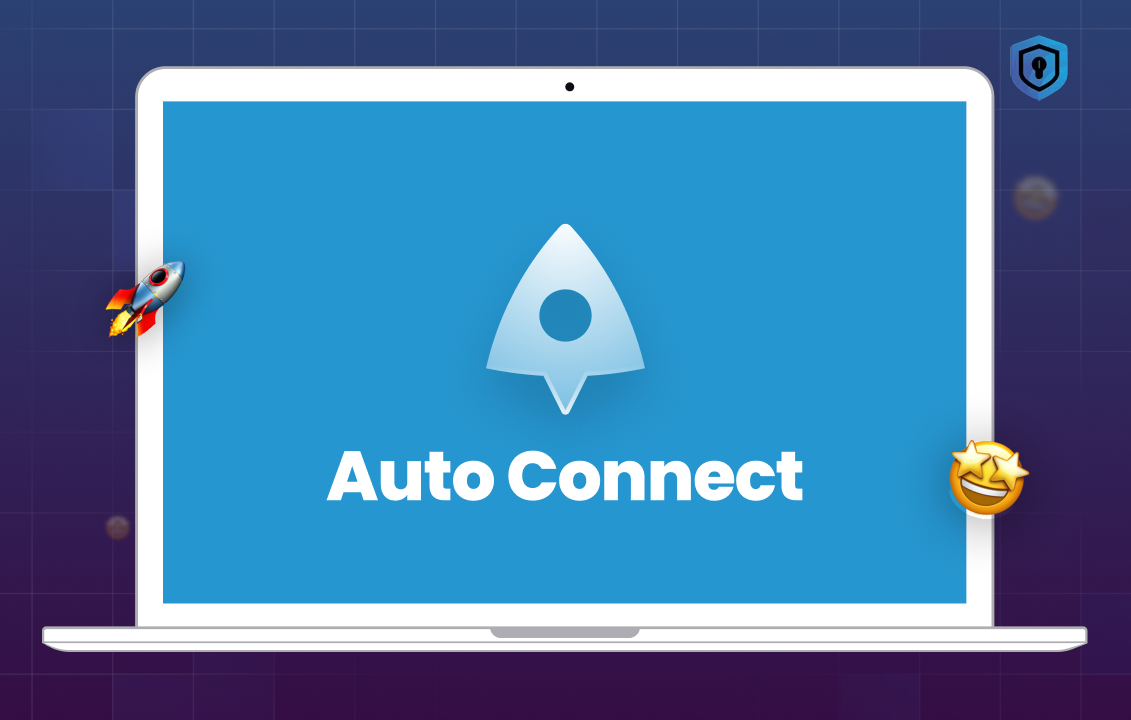
Online privacy is a matter of significant importance for people using the internet. With the rise of cyber threats, data breaches, and surveillance, safeguarding personal information has become more important than ever. VPNs (Virtual Private Networks) have become essential tools that enhance online security and privacy.
Several security features come with VPNs. However, a feature called ‘zero-log’ or ‘no-log’ policy determines the reliability and effectiveness of a VPN. Sadly, not every VPN service offers the same level of privacy. Some VPN providers track your activity and sell the information to interested third parties.
A zero-log VPN makes sure that your internet privacy and security remain intact. Hence, you should choose a VPN that has a strict zero-log policy. Read on to know more about zero-log VPN and why it matters.
What are VPN logs?
VPN logs are log files consisting of events that happen between the servers. Logs contain information about IP addresses, data usage, connection times, and other activities by users. VPNs use logs to monitor performance and for troubleshooting. In certain cases, VPNs use logs to retain data. Typically, logs are classified into three types.
- Online activity – Record DNS queries, browsing history, and other online actions.
- Personal data – Contains user information such as account details and IP address.
- Technical log – Include information such as server load, bandwidth, and connection timestamps.
Why do VPN logs matter?
VPN providers handle the internet traffic of users through their servers. If they log user data, they can keep records of users’ online activities. The logs include visited websites, browsing activity, and other communications. Also, it contains metadata such as timestamps, session durations, and IP addresses.
However, this information can compromise user privacy if it falls into the wrong hands. For example, surveillance agencies, hackers, or other malicious agents. This is why choosing a zero-log VPN is important if you are looking for complete data protection and anonymity.
What is a zero-log VPN?
A zero-log or no-log VPN is a service that does not store information regarding your online activity. This includes your browsing history, IP address, connection timestamps, bandwidth usage, DNS queries, and the servers you connect to.
Therefore, a zero-log VPN will never collect, store, or share your online information. It means that the VPN provider does not track or retain information about your online behaviour. The VPN wipes your digital footprint from their system when your online session ends. When you use a zero-log VPN, nothing will be logged.
A zero-log VPN maximises user privacy and provides a safe environment for internet users. A zero-log VPN boosts your online privacy because the provider does not know who you are.
How does a zero-log VPN work?
When you connect to a zero-log VPN, it encrypts your internet traffic and routes it through a secure server. Unlike regular ISPs or standard VPNs, a zero-log VPN provider does not keep a record of:
- Your real IP address
- The websites you visit
- Files you download
- Time and duration of your connection
Even if a government agency or third party requests your data, the VPN provider has nothing to hand over. This is because no data exists.
Some zero-log VPNs take additional measures by running their servers on RAM-only infrastructure. In that case, the VPN automatically erases all data when the server reboots or loses power. This ensures there is no way to store logs in the long run.
How does a zero-log VPN protect you?
A zero-log VPN makes sure that your online activities are not stored or recorded. This is how they protect your privacy online. Even if someone hacks the VPN servers, they will not find your data. This is because there is no information about your online activities that can be disclosed.
As a result, it improves your digital privacy by protecting you from surveillance and cyberattacks. Therefore, it is important to choose a VPN that has a stringent no-logs policy. Reliable zero-log VPN providers have requisite certificates that guarantee complete privacy. They will value your privacy more than anything else.
Why does a zero-log VPN matter?
VPNs that provide a zero-log policy safeguard user privacy to a great extent. It is not just a feature you may look for when choosing a VPN. Rather, it is a necessity for anyone serious about protecting online privacy. Here are some reasons why a zero-log VPN matters.
-
Protection from surveillance
Several countries have strict laws that require ISPs to retain user data. Subsequently, the ISPs need to hand it over upon request. A zero-log VPN bypasses this issue effectively. Even if authorities force them to comply with data requests, they cannot share anything. This is because they do not have any user data in the first place.
-
Increased anonymity
Providing anonymity is what every VPN service promises to deliver. If logs exist, your VPN records your actions. A true zero-log VPN removes that risk. It gives you peace of mind that no one can track your digital behaviour. Not only the VPN companies, but also other external sources cannot get your information.
-
Security against data breaches
If a VPN provider stores user logs, it attracts hackers. Getting hold of user data is what hackers look for on the internet all the time. A breach could expose your personal browsing history and identity. And hackers can use it to their advantage. But if no data is stored, there is nothing to steal.
-
Freedom of expression
In countries with strict internet censorship or severe penalties for dissent, a zero-log VPN is a boon. It allows journalists, activists, and even everyday users to express themselves without fear. It enables access to information while protecting the identity of the user.
-
Improves trust and transparency
Trust is a valuable factor to consider when looking for a VPN provider. You should be confident that the VPN you choose will protect your privacy. A VPN that comes with a zero-log policy commits to providing privacy to its users. This helps build trust. A VPN provider performs regular audits to verify their claim about no logs. This improves credibility and transparency.
-
Protection from ad trackers
As you know, advertisers rely on the online activity of users to place ads accurately. When you use a zero-log VPN, it prevents advertisers from knowing your interests. This is because they cannot track your browsing activity. Hence, they cannot bombard you with ads that you find irritating most of the time.
How do you identify a True zero-log VPN?
Not all VPNs that claim to be “no-log” are trustworthy. Here is how to spot a genuine zero-log VPN provider.
-
Performs independent audits
Reputable VPN providers undergo third-party audits to prove their zero-log claims. For example, ExpressVPN, NordVPN, and ProtonVPN have all completed independent audits that verified their no-log status.
-
Transparent privacy policy
Always read the privacy policy before choosing a VPN for your needs. Look for specific statements like “We do not collect or store your IP address, browsing history, traffic destination, or DNS queries.” This makes sure that you are using the right zero-log VPN.
-
Jurisdiction
Choose a VPN based in a privacy-friendly country outside the “14 Eyes” alliance. It is a group of countries that share surveillance data of the users. Nations like Panama, Switzerland, and the British Virgin Islands have no mandatory data retention laws.
-
RAM-only servers
Some top-tier VPNs operate on RAM-only servers. It means that the VPN provider uses diskless servers. These systems are physically incapable of storing data long-term. This proves their zero-log nature.
What are the risks of using a VPN without a zero-log policy?
Using a VPN that logs your data can be more dangerous than not using one at all. Although many VPN providers claim to have a no-logs policy, not all of them stand up to their claim. The following are the potential risks of using a VPN without a zero-logs policy.
- The illusion of privacy may make you careless.
- Your information could be sold to advertisers or shared with governments.
- You might fall victim to identity theft if the VPN is breached.
- If your activity is sensitive (e.g., whistleblowing or bypassing censorship), a non-zero-log VPN can compromise your safety.
- Some VPN providers will share user data with interested parties for purposes such as analytics or marketing.
What is the right way to choose a zero-log VPN?
There is no shortage of VPN services that claim to have a zero-logs policy. Still, you should consider looking at a few important factors to make sure that the VPN delivers what it claims.
- One of the important things to look for when choosing a zero-log VPN is to understand its privacy policy. The VPN provider should clearly state that they do not log user information.
- The reputation of a VPN provider is another aspect to look for. To know how reputable a zero-log VPN is, check out the reviews left by users. Reviews and ratings from users give you a clear picture of whether or not a zero-log VPN is trustworthy.
- Make sure that the VPN provider has several server locations worldwide. Having servers located across the world gives you the liberty to use geo-restricted content.
- Finally, make sure that the VPN provider has the latest encryption standards. When a VPN uses standard encryption, it helps you protect your information from surveillance and hackers.
Conclusion
In this digital world, every click you make is monitored, stored, and analysed. Therefore, taking control of your privacy is not optional. But it is essential. A zero-log VPN is one of the most powerful tools available to maintain digital freedom. Choose a provider that respects your right to privacy and commits to keeping no records. This is how you shield yourself from unwanted surveillance, data leaks, and corporate exploitation.
Before subscribing to any VPN, research its logging policy and know its track record. Additionally, opt for those that verify independently and respect privacy-related jurisdictions. Remember, no logs means no digital trace of your online activity. And this is exactly what a zero-log VPN delivers.
FAQs
-
Is a zero-log VPN safe to use?
In general, a zero-log VPN is safe to use. Zero-log VPNs provide digital security and privacy. It makes sure that your data stays safe even if someone hacks the VPN servers. Or, concerned authorities try to get their hands on users’ data. Because there is no data stored on the servers. However, the overall safety of the zero-log VPN depends on the encryption protocols and security measures deployed by the provider.
-
Is it legal to use a zero-log VPN?
A zero-log VPN is legal to use in most countries. Still, the legality of using the service depends on the jurisdiction where the VPN service operates. Some countries do not require VPN providers to log user data. Hence, the VPN providers can maintain a strict zero-log policy without issues. In contrast, certain regions implement data retention regulations. In that case, VPN services need to store user data. As such, VPN providers find it difficult to comply with a zero-log policy.
-
Do VPN providers face compliance challenges?
Yes, VPN providers may face compliance challenges in some countries. Complying with a zero-log policy is challenging in regions that have stringent data retention regulations. Some countries require providers to log user data for a specific timeframe. VPN providers face a hard time maintaining a zero-log policy. So, you should be aware of the privacy regulations in your country when using a zero-log VPN. It will help you understand the extent of privacy that the provider will deliver.





